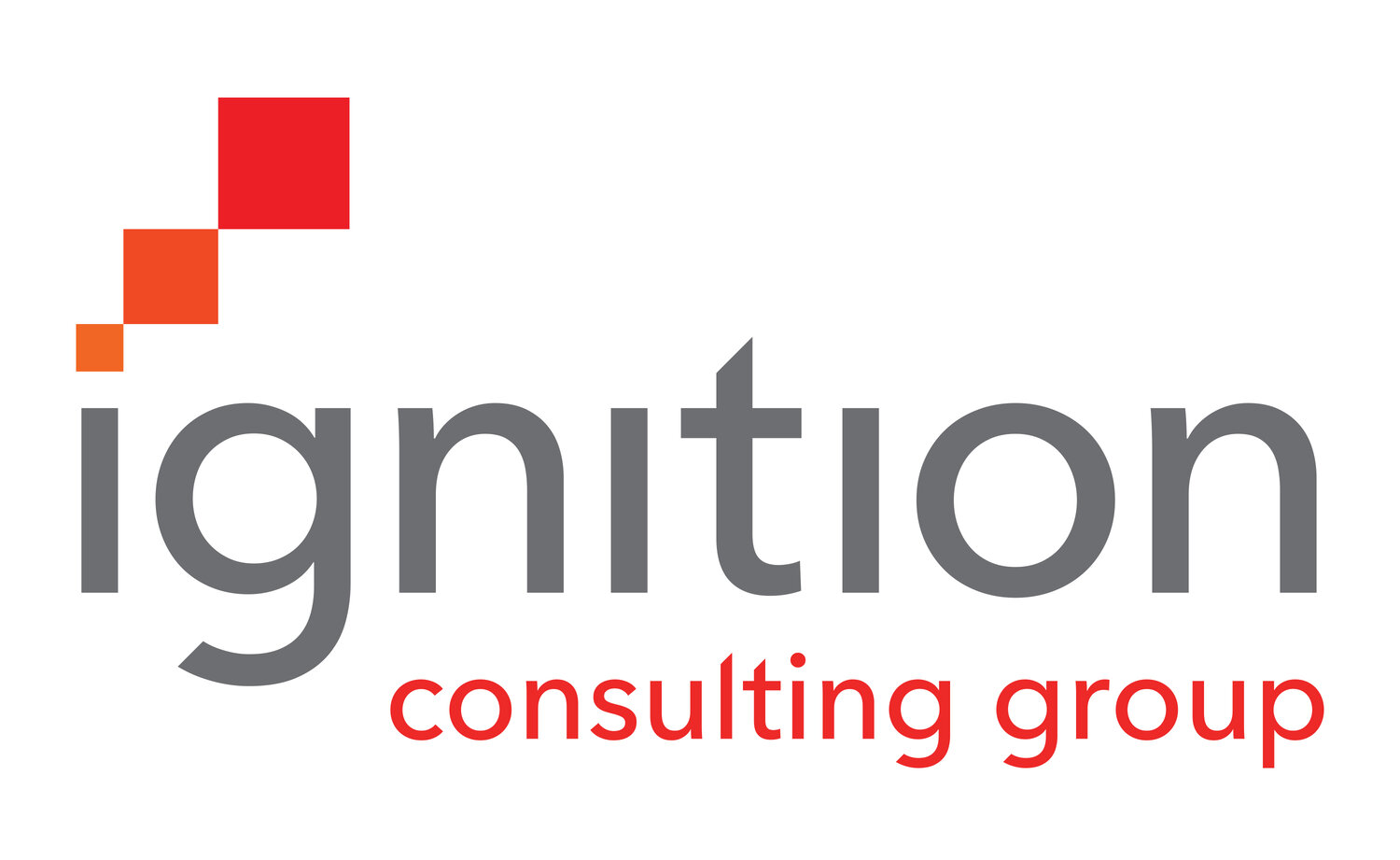Daily Firefights and the Underperforming Agency
By Tim Williams
Why do formerly successful agencies experience stall-out? It’s almost always because they are busy solving yesterday's problems instead of exploring today’s opportunities.
In today’s agency environment, clients submit the equivalent of a work order and agencies dutifully respond. This cadence of activity generates income in the present, but it doesn’t lay the foundation for future revenue streams.
In numerous industry surveys over the past decade, agencies usually get high marks from client organizations for being responsive. Most clients believe their agencies do a good job of reacting to requests and fulfilling work orders. But these grades change from an “A” to a “D” when clients are asked to rate their agencies on proactivity. “They are great at getting back to me, but never really provide any thinking, ideas or advice beyond what I ask for” is the attitude of many client-side marketing executives.
Getting beyond equilibrium
Peter Drucker observes in the brilliant little book The Effective Executive, “It is more productive to convert an opportunity into results than to solve a problem, which only restores the equilibrium of yesterday.”
Being opportunity minded is a hallmark of great, award-winning agencies. It’s because of this forward-looking orientation that agencies win accolades in the first place. By definition, ground-breaking work means defying the conventions of the day and inventing completely new approaches. But this mindset can extend well beyond the creative team and inspire every single agency discipline to stay one step ahead of their clients.
Agency teams can become more productive and proactive by embracing the principles of what is sometimes referred to as a “challenger” based course of action. Research conducted by the Corporate Executive Boarddemonstrates that the most effective advisors don’t respond directly to client-prescribed problems. Rather, they deliver insights that essentially reframe the way clients think about their business and their needs.
Firefighting vs. fire prevention
There are many practical ways agencies can rise above the firefights of the day and provide more meaningful solutions to their clients:
Most agency briefs feature a section labeled “What is the problem?” We should add the question “What is the opportunity?”
In addition to routine status meetings during which client deliverables are reviewed, we should establish the habit of regular sessions where client teams explore what’s next and what’s possible for each major client.
One of the best applications of opportunity-minded thinking is in new business. There are countless examples of agencies winning pitches by presenting not what the client asked for, but what the client should be doing instead. Writing in the Harvard Business Review, Philip Lay, Todd Hewlin and Geoffrey Moore refer to this technique as “provocation-based selling.” A provocation-based approach doesn’t align with the customer’s outlook; instead, it provides a new angle on the situation. “It doesn’t identify and respond to the customer’s pain points,” say the authors, “it outlines a problem the customer hasn’t yet put a name to.”
Feeding the opportunities
For many years I had a framed quotation in my office featuring another of the profound bites of wisdom from Peter Drucker: “Starve the problems, feed the opportunities.”
Focusing exclusively on client problems instead of opportunities is the equivalent of concentrating on current weaknesses instead of potential strengths. Consultant and author Peter Block teaches the powerful concept that capacities bear more fruit than deficiencies. Block asks a provocative question of professional service providers: “Are we here to remind each other of what is missing or of what is possible?”
By allowing ourselves to get pulled into the humdrum of quotidian work, we can easily drown in shallow waters. More importantly, we miss the opportunity to provide our clients with what they desperately want and need from their marketing partners: a proactive exploration of the opportunities that will continue to propel the growth and success of their brands.



